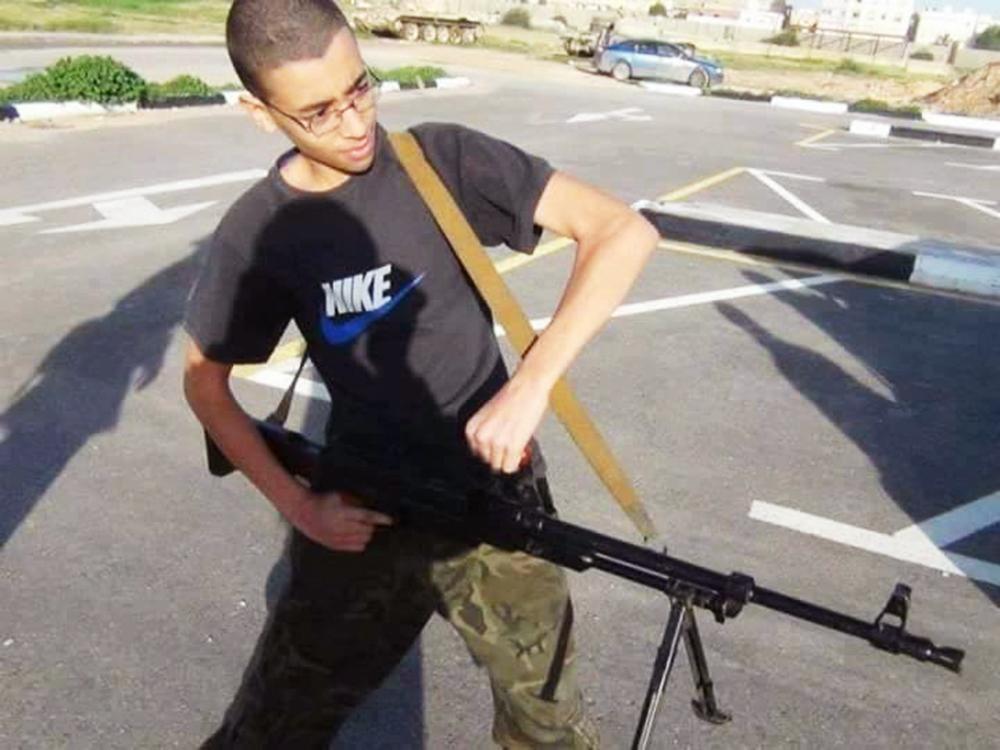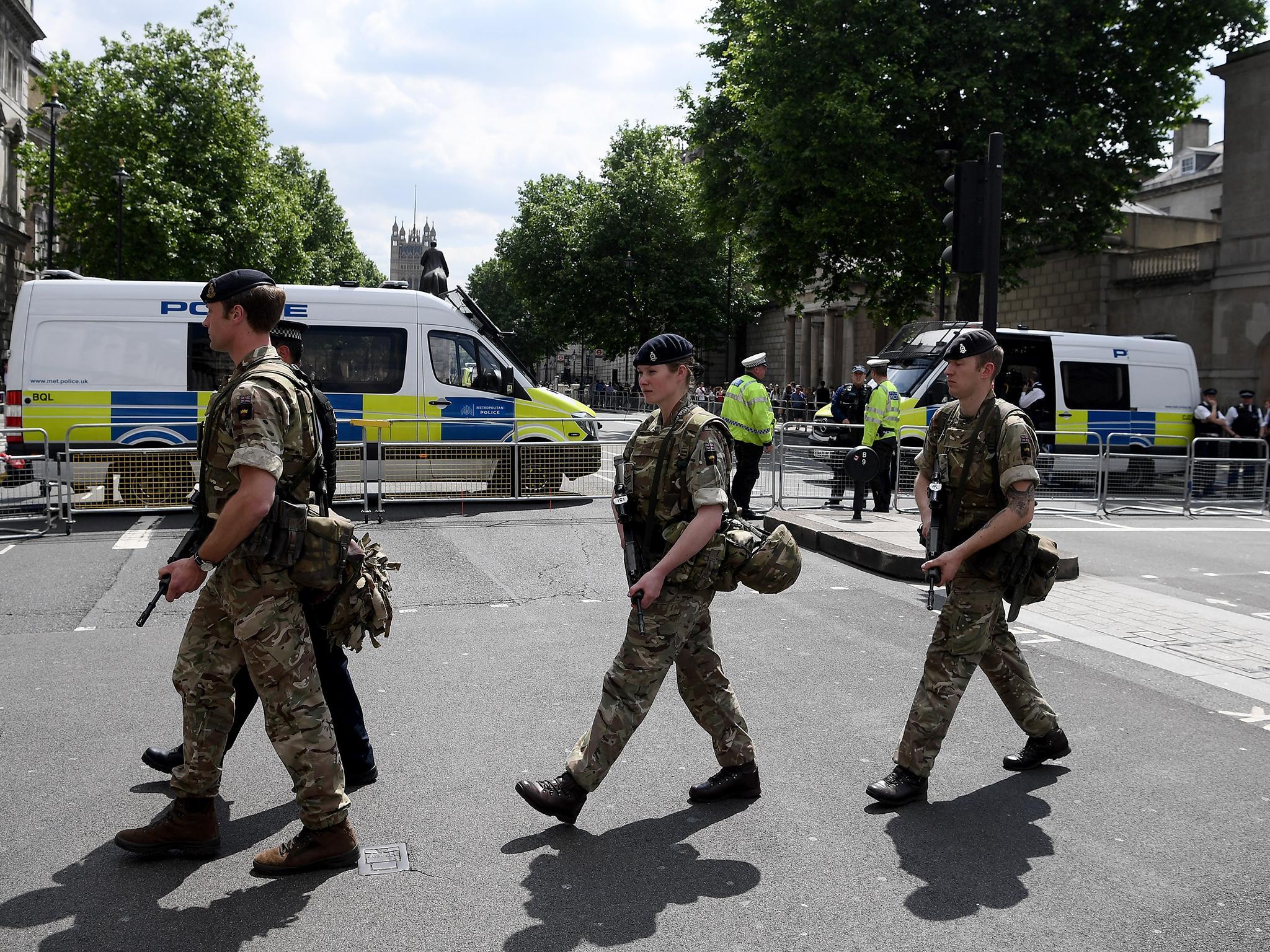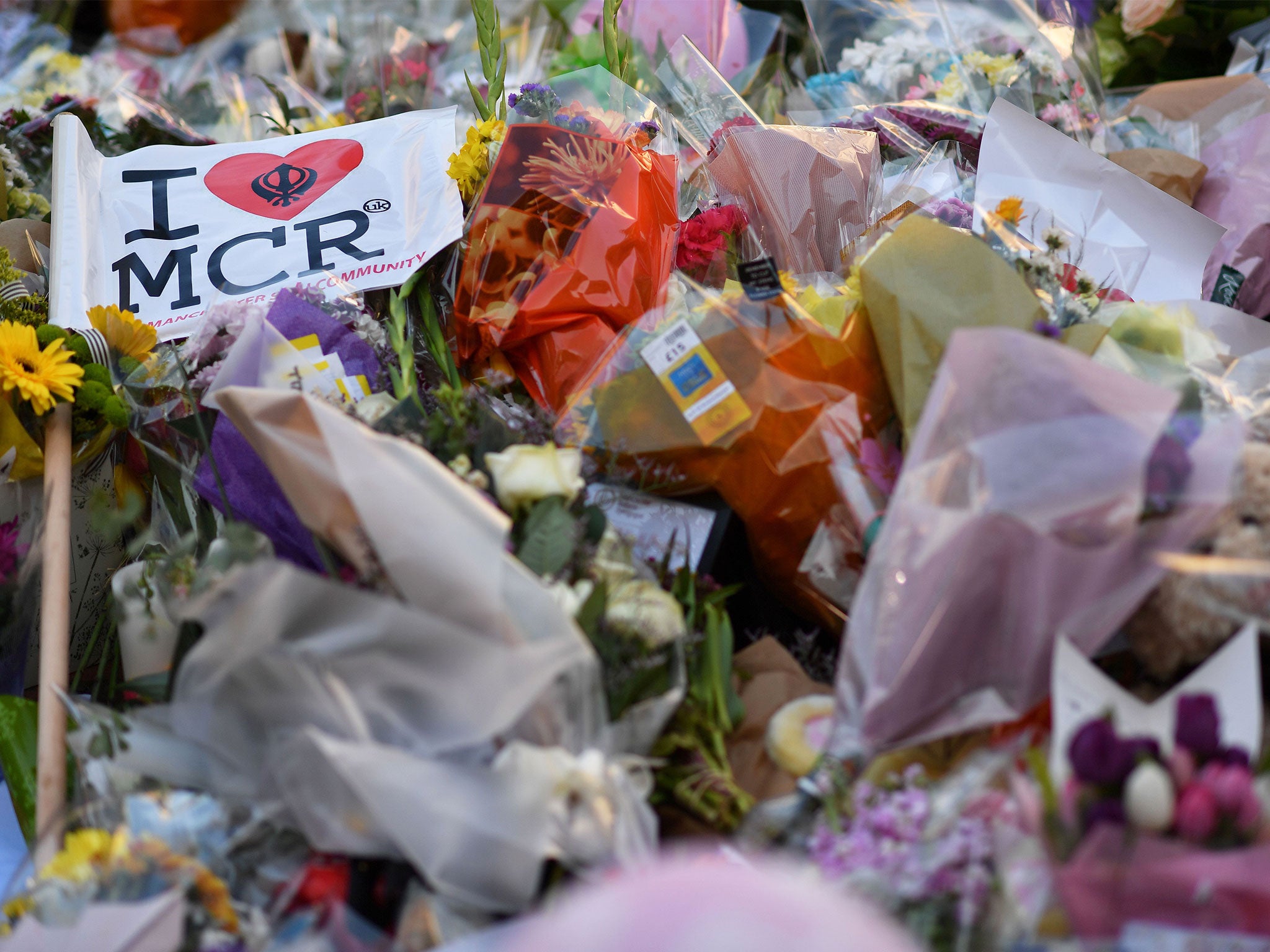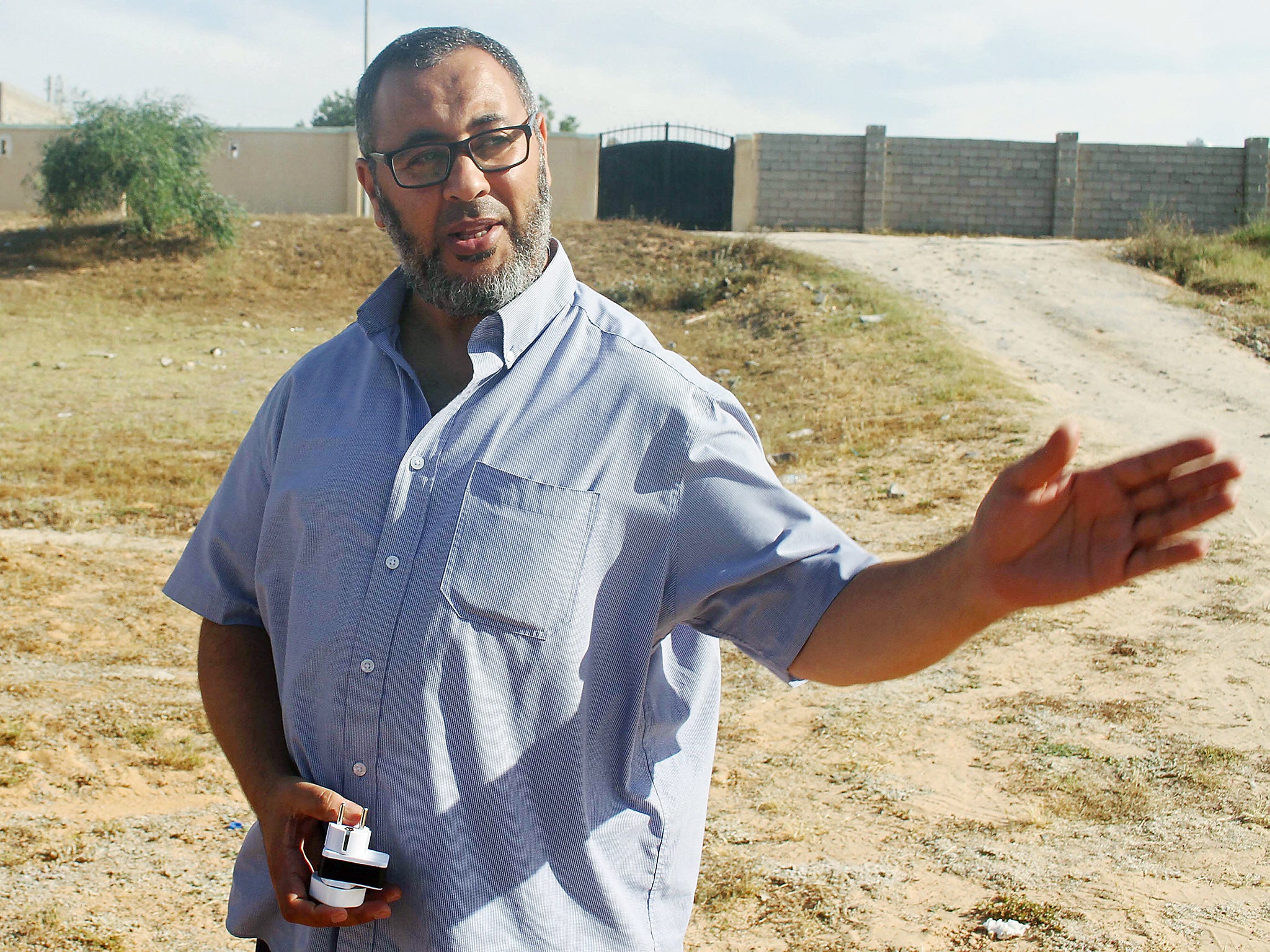Manchester attack: UK authorities missed several opportunities to stop suicide bomber Salman Abedi
Members of public and community leaders tried to raise alarm about extremist views
British counter-terror agencies missed several chances to stop Salman Abedi before he carried out the Manchester Arena bombing, it has emerged.
Two people who knew the 22-year-old at college called the anti-terror hotline after he told them "being a suicide bomber was okay".
The calls are thought to have been made five years ago, after Abedi left school.

Two community leaders also reported Abedi over his extremist views.
Mohammed Shafiq, chief executive of the Ramadhan Foundation, told The Daily Telegraph Abedi was reported two years ago "because he thought he was involved in extremism and terrorism".
“People in the community expressed concerns about the way this man was behaving and reported it in the right way using the right channels," Mr Shafiq said.
“They did not hear anything since.”
Abedi was also reported to the authorities after he confronted an imam who was delivering an anti-extremist sermon at Didsbury Mosque.
He claimed the leader was “talking bollocks” during the speech condemning Isis, the Manchester Evening News reported.
Akran Ramadan, who is part of the Libyan community in south Manchester, said he understood Abedi had been placed on a "watch list" after the mosque banned him and reported him to the authorities for his extremist views.
The attacker's family had also reportedly warned authorities he was "dangerous".
Officials scouring the background of the British-born bomber said he was likely part of a wider terrorist network.

Several arrests have been made in both Britain and Libya after the bombing, which killed 22 people and wounded 64 more.
Eight men have been taken into custody in the UK, while the bomber's father and younger brother have been arrested in Libya, the latter of whom confessed to knowing "all the details" of the terror plot.
Before becoming increasingly religious as his radicalisation deepened, Abedi drank and took drugs.
He had shown signs of extremism by flying black flag associated with Islamist groups from his Manchester home.
“There was a black flag with Arabic writing on it on the roof for a bit, a few years ago,” a neighbour told the BBC.

The Times reported that Abedi was also known to security services as an associate of Isis recruiter Raphael Hostey, also from Manchester, who was killed in a drone strike in Syria last year.
British authorities were probing whether Abedi had ties to other cells across Europe and North Africa, two anonymous officials familiar with the case told the Associated Press.
They said one thread of the inquiry involved pursuing whether Abedi was part of a larger terror cell that included Mohamed Abrini, otherwise known as "the man in the hat," with connections to the Brussels and Paris attacks.
Abrini visited Manchester in 2015 and reportedly told police he took photos of Manchester football stadium.
Abedi is known to have returned from a visit to Libya just days before the Manchester attack, and it is feared he may have travelled to terrorist strongholds in Syria.
“All of a sudden he travelled to Libya and then most likely to Syria, became radicalised and decided to commit this attack,” France's interior minister, Gerard Collomb told BFMTV.

Abedi's father has said his son is innocent.
Before his arrest, he said he had last spoken to his son five days ago and he sounded "normal."
He said his son was getting ready to visit Saudi Arabia for a short Umrah pilgrimage then planned to head to Libya to spend the Islamic holy month of Ramadan with his family.
He said his son last visited Libya about six weeks ago and had never gone to Syria. He denied ties to any militant groups or suggestions of extremism.
Additional reporting by agencies
Join our commenting forum
Join thought-provoking conversations, follow other Independent readers and see their replies
Comments
Bookmark popover
Removed from bookmarks